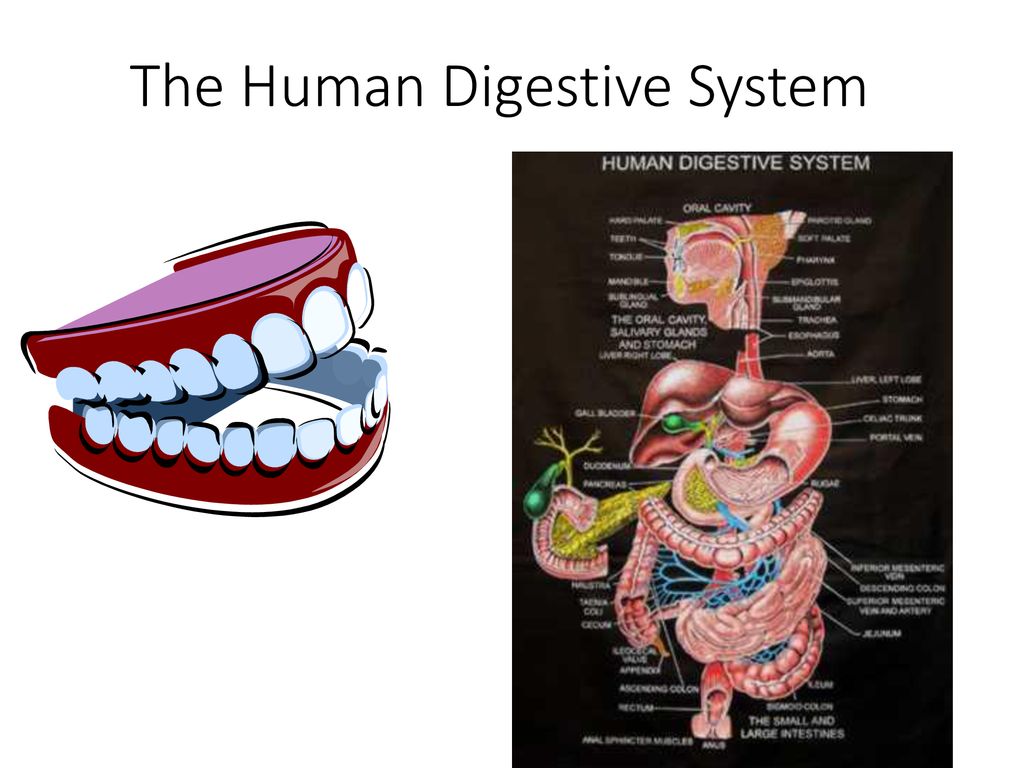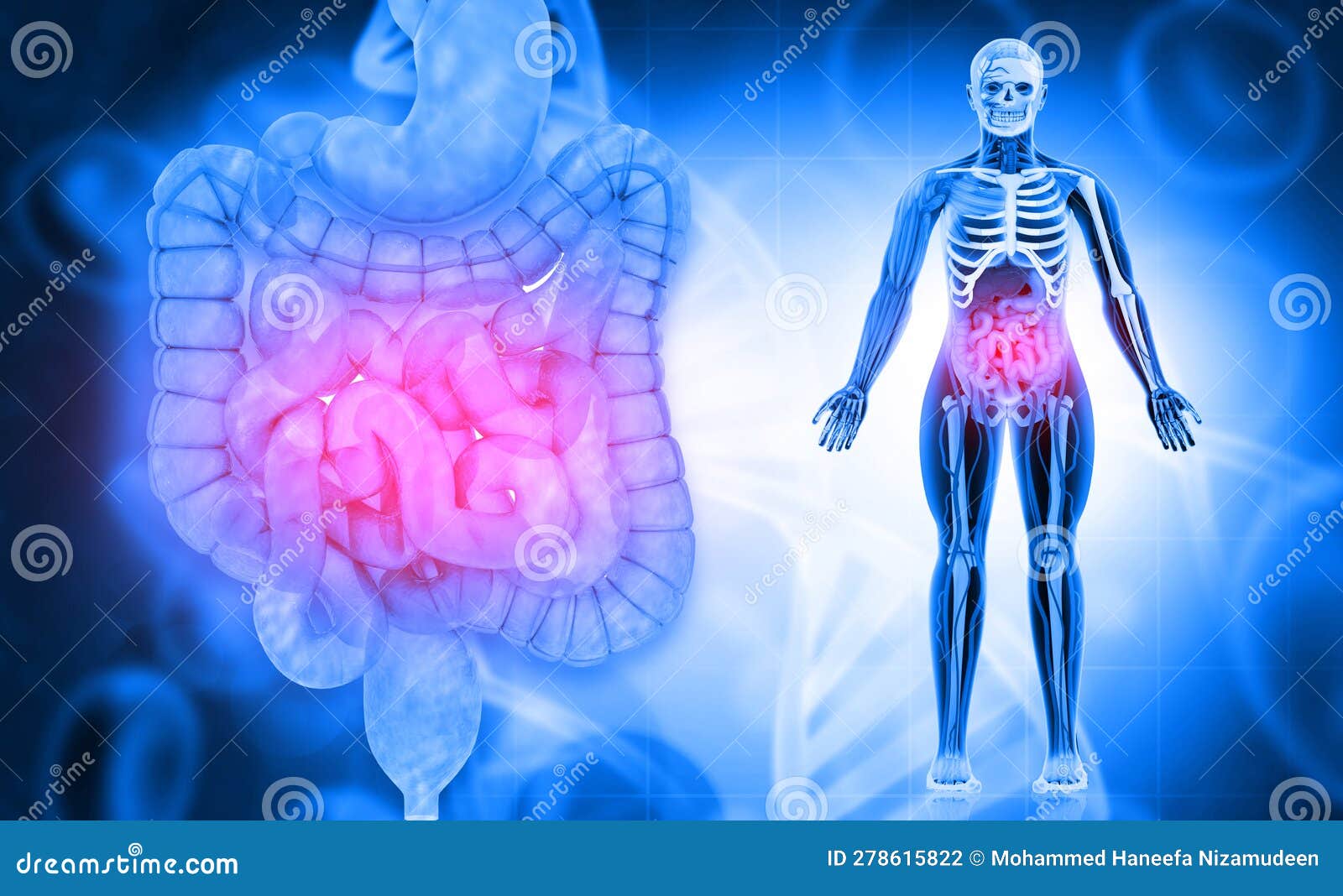Human Body Systems Review Biology Diagrams Digestive System Function. Digestion is the complicated process of turning the food you eat into nutrients, which your body uses for energy, growth, and cell repair.

The human digestive system refers to the organs that take in food and break them down. Digestion describes the complex process that enables the nutrients in food to enter the body and its cells.
Digestive System Anatomy and Physiology Biology Diagrams
Learn about the organs, functions, and processes of the digestive system. Find out how food moves through your GI tract, how nutrients are broken down and absorbed, and how your body controls digestion.

What is the digestive system? Your digestive system is a group of organs that work together to digest and absorb nutrients from the food you eat. Digestion is a complicated process, and conditions and disorders can disrupt that process. Knowing how your digestive system works may help you keep it healthy and know when it may be time to get

Digestion: Anatomy, physiology, and chemistry Biology Diagrams
Human Body. The Digestive System Use our 3D models and detailed descriptions to learn all about the anatomy and physiology of the upper and lower digestive tract as well as the accessory digestive organs like the teeth, tongue, gallbladder, and liver. Feces in the large intestine exit the body through the anal canal. Digestive System

The digestive system of the human body is the sum of the gastrointestinal tract (GIT; also called alimentary canal) and accessory organs (tongue, liver, pancreas, etc.). These two parts together help in the digestion process. The alimentary canal is the long tube through which the food that we eat is passed. It begins at the mouth (buccal or
